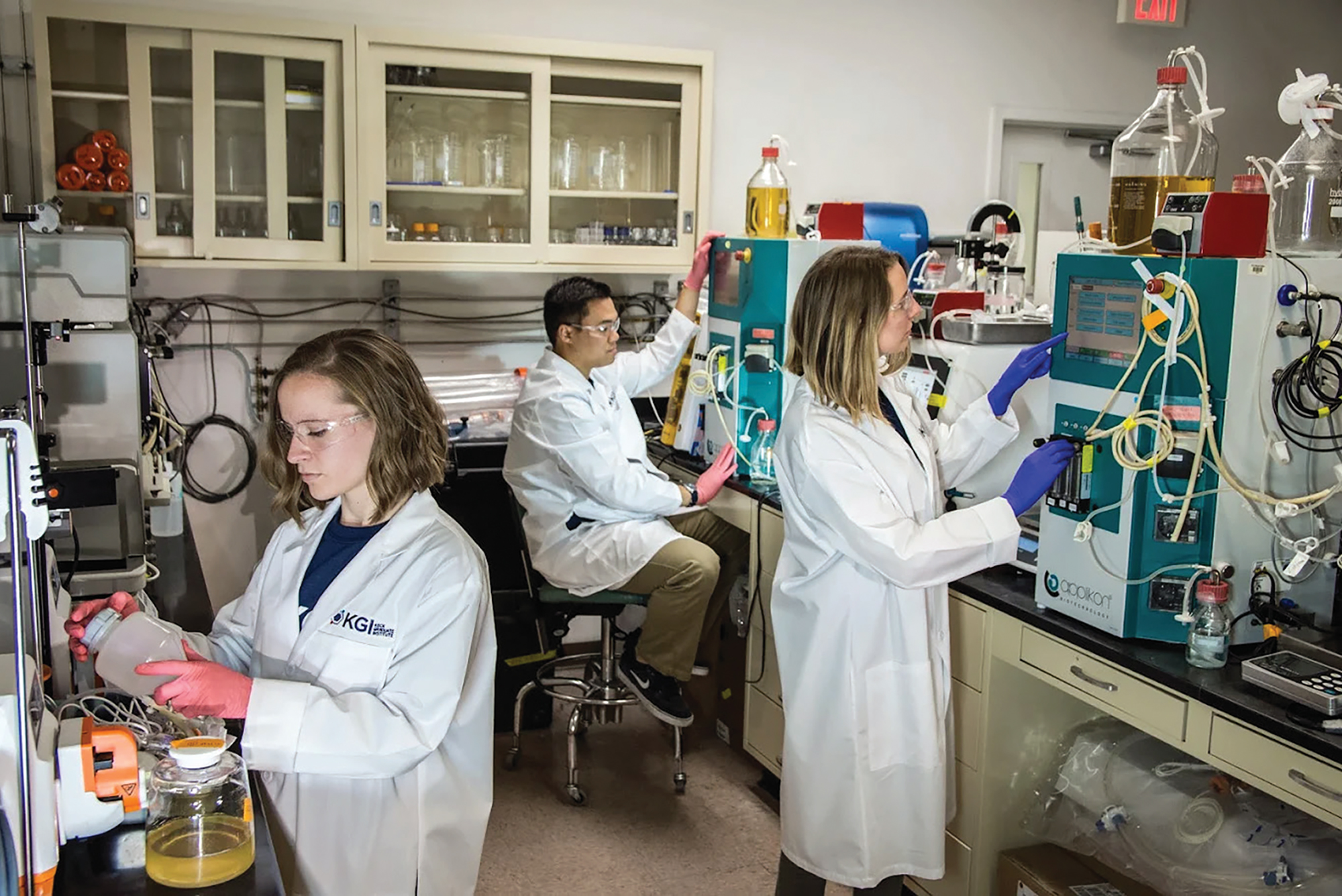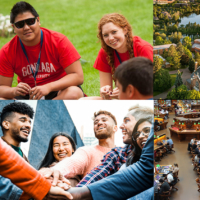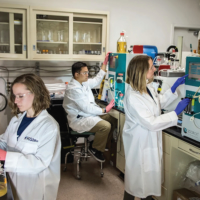In 2024, the United States attracted more than 1.1 million international students, drawn by its reputation as a hub of technology and innovation, the high standards of its universities and prospects for career advancement.
Although it is not a significant source of international enrollment (less than 1%), Japan has experienced a steady increase in the popularity of American schools among its students.
According to the Statista website, there were 13,959 Japanese students in the United States between 2023 and 2024.
For Japanese students, the most significant factor in selecting the United States is the close ties between business and academia, which result in clear and smooth career pathways.
A distinct advantage of U.S. educational institutions is their close integration with industry, like Keck Graduate Institute, a private graduate school in Claremont, California.
Founded in 1997, KGI offers a range of innovative academic and professional programs under three schools: the School of Pharmacy, the School of Health Sciences and the Henry E. Riggs School of Applied Sciences.
KGI has the third-best accredited master’s degree program as ranked by Intelligent.com this year, behind the Massachusetts Institute of Technology and Stanford University, and boasts a job placement rate of 90% within six months of graduation.
“Every student here receives experiential learning through direct engagement with industry, research institutions and health care clinics,” said KGI President Mohamed Abousalem.
Attracting a growing number of Japanese students interested in pursuing careers in technology and engineering, Gonzaga University is emerging as a technology hub in the Northwest, particularly in aerospace, aviation and the STEM disciplines, which span science, technology, engineering and math.
“We are creating a center to develop and manufacture materials vital to the future of aerospace and aviation industries and providing exciting opportunities for our students and industry partners,” said Associate Provost for Global Engagement Christina Isabelli.
Established in 1887, Gonzaga University is a private liberal arts institution in Spokane, Washington, with an enrollment of nearly 7,500 students and offers 16 undergraduate degrees, 23 master’s programs and five doctorate degrees.
Elsewhere in the United States, several schools have strengthened international collaboration to enhance their education.
The University of Tennessee in Knoxville, for example, has established partnerships with Japanese institutions, including Kobe University.
“Collaborations with Japanese universities are advancing our research in materials science, renewable energy and green technologies,” explained UTK Vice Provost for International Affairs Gretchen Neisler.
Apart from those partnerships, UTK is also creating a Japan Center to further deepen academic and corporate ties with Japan.
In the meantime, career pathways in engineering and manufacturing have gained popularity through programs designed in collaboration with global corporations. Navajo Technical University in New Mexico focuses on career-focused education through partnerships with major organizations, such as Sandia National Laboratories and Boeing.
“We are also exploring collaborations in semiconductor manufacturing and clean energy, areas where Japan has leading expertise,” said NTU President Elmer Guy.
On a grassroots level, community colleges have become pivotal instruments in the upskilling of local workers. Motlow State Community College in Nashville, Tennessee, partnered with Mitsubishi Electric Automation to widen the skills of students for fast-growing high-tech industries, like electric vehicles and automation.
Partnerships with Japan go beyond technology-sharing and skills-training if education is to be holistic and significant.
For Hitoshi Abe, director of the Terasaki Center for Japanese Studies at the University of California, Los Angeles, deeper cultural literacy and cross-cultural engagement will yield better bilateral relations between the United States and Japan.
“We recognize that Japan’s dynamic and evolving culture needs to be understood in a global context,” Abe said.





